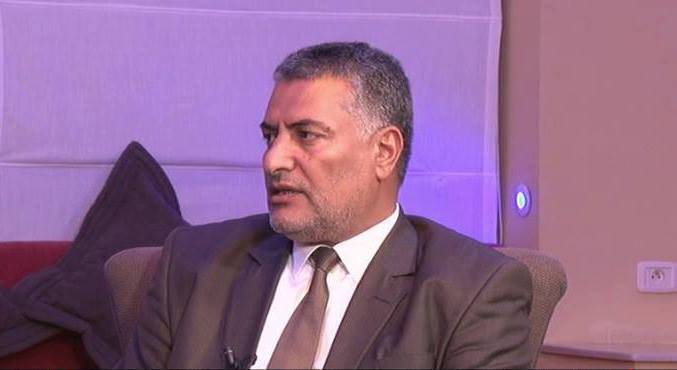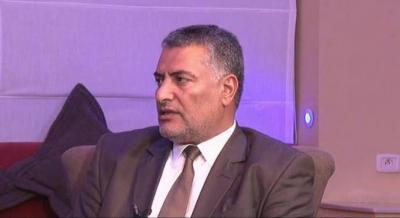The members of the Supreme Council of State in Libya elected Mohammed Takala as its president on Sunday, succeeding Khaled Al-Mishri. Takala received 67 votes compared to 62 for Al-Mishri in the second round, which was broadcast on television, while two members abstained from voting. Following this, Al-Mishri congratulated Takala on his victory.
The Supreme Council of State is based in Tripoli and holds significant authority in key political matters under the terms of the 2015 Political Agreement. It is currently engaged in negotiations with the Libyan House of Representatives, which is based in the east of the country. Both councils are negotiating to chart a path for elections under pressure from the United Nations, but they seek to replace the Tripoli-based Government of National Unity before any national elections.
However, the head of this government, Abdul Hamid Dbeibeh, viewed as a political rival to both Al-Mishri and House Speaker Aguila Saleh, states that he will not relinquish his position until after the elections. Last year, he managed to fend off brief armed attempts to oust him.
It is not immediately clear how Takala's election will impact the discussions between the Supreme Council and the House of Representatives regarding the regulations for organizing elections or the councils' efforts to oust Dbeibeh. International diplomacy has consistently focused on presidential and parliamentary elections as a crucial factor for any lasting resolution to the conflict in Libya, where both the House of Representatives and the Supreme Council are now facing skepticism about their legitimacy.
The House of Representatives was elected for a four-year term in 2014, but the previous council, elected in 2012, rejected the legitimacy of the elections as the Supreme Court ruled the voting legitimacy invalid amid a division between eastern and western factions in a new chapter of the civil war.
Libya has not enjoyed any significant peace or stability since the 2011 uprising supported by NATO, and major fighting only ceased after a ceasefire was reached in 2020 when a UN-backed process sought to pave the way for new elections under Dbeibeh’s interim Government of National Unity.
Initially, the Supreme Council of State and the House of Representatives expressed support for Dbeibeh, but they could not agree on the regulations governing the elections, and a planned vote was canceled shortly before it was to take place in late 2021. Since then, both councils have rejected Dbeibeh's continued leadership and demanded the formation of a new interim government. Diplomatic efforts by the UN continue to attempt to persuade both councils to agree on rules for holding elections, but many Libyans believe that the House of Representatives and the Supreme Council are not keen on holding elections that would end their tenure.




